Trademark / Design / Patent Application


Trademarks may be registered or unregistered. The owner of a registered trademark has an exclusive right to use the mark on the goods and/or the services for which the mark was registered. Unregistered trademarks may be protected by the common law action of passing off. Generally speaking, a passing-off claim requires proof of misrepresentation made by a trader which causes damage to the goodwill of the claimant. Passing off is usually a more difficult action to bring than an action for infringement of a registered trademark. It is strongly recommended traders register their trademarks in the jurisdiction of use. Each jurisdiction's trademark registration system is separate from the other trademark systems elsewhere in the world. In order to obtain protection as registered trademarks in a jurisdiction, trademarks must be registered in each jurisdiction of use. Under the Paris Convention, applicants for trademarks in a Convention jurisdiction can enjoy a right of priority in respect of their corresponding applications in a Paris Convention country or WTO member.
If the owner is in a jurisdiction that is a party to the Madrid Protocol, one can go through the Madrid system to obtain a bundle of trademark registrations in separate jurisdictions. Registration through the Madrid System does not create a unified registration; rather, it creates a bundle of national rights through an international registration able to be administered centrally. Madrid provides a mechanism for obtaining trademark protection in many countries around the world which is more effective than seeking protection separately in each individual country or jurisdiction of interest.
Like the other types of intellectual property rights, patent protection granted in the jurisdiction is territorial. In other words, patents granted in one jurisdiction can only be enforceable in that jurisdiction. The patent system is separate from the other patent systems elsewhere in the world and patents granted in one jurisdiction do not automatically enjoy protection in another jurisdiction. Different jurisdictions would have different patent application forms. You should check the patent office at the relevant jurisdiction to see if they have the relevant patent application form.
In many jurisdictions, there are two types of patents granted, namely standard patents and short-term patents (because of the time it takes to grant a standard patent):
Patents are granted after a formal examination. The benefits of having a patent are obvious - a patent gives the patent owner the right to exclude others from using the patented commercial product or process, e.g. manufacturing, importing, and marketing. This is also called design patent protection. A major issue with a patent application is that it requires full disclosure to the public information regarding the patent, and many companies may prefer to keep such information as a trade secret instead (see below). People who are employed to do research are often obligated by their employment contracts to assign inventions to their employer.
To register your design, it must:
Some examples of registrable designs such as distinctive patterns from well-known fashion brands, and the outward appearance of products. Designs are registered subject to a formality examination. Applicants for design applications in a Paris Convention jurisdiction can enjoy a right of priority in respect of their corresponding applications subsequently filed in a Paris Convention country or WTO member.
Claims for infringement by the registered design patent owner may be brought in court by civil action. The registered design patent owner may apply for an injunction, an order for delivery up, damages, or an account of profits. Design patent registration system in a jurisdiction is separated from other jurisdictions and will need to be registered in each jurisdiction of use.
|
|
Trademark |
Patents |
Designs |
Copyrights |
Trade Secrets |
|
Subject Matter Normally Protected |
Signs that distinguish the goods or services of one trader from those of others |
Invention |
Industrial product, designs, fabric designs |
Books, software, plays, music, paintings, sculpture, photographs, films, sound recordings, broadcasts, cable programmes, performances |
Formula, practice, process, design, instrument, pattern, commercial method, or compilation of information not generally known or reasonably ascertainable. |
|
Whether Registration is required for effective protection |
Yes |
Yes |
Yes |
No |
No |
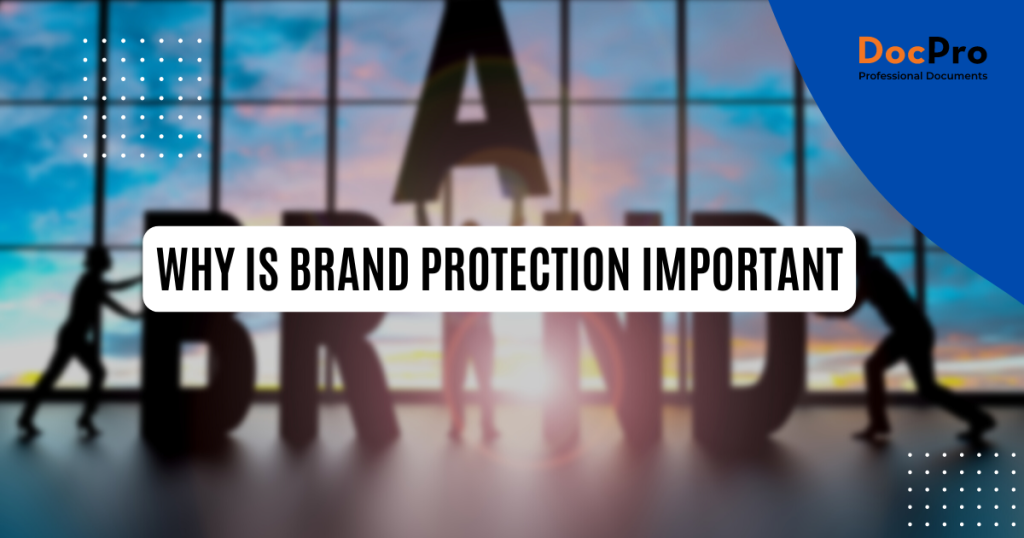
10 Feb 2023
4 min read

19 Dec 2022
3 min read
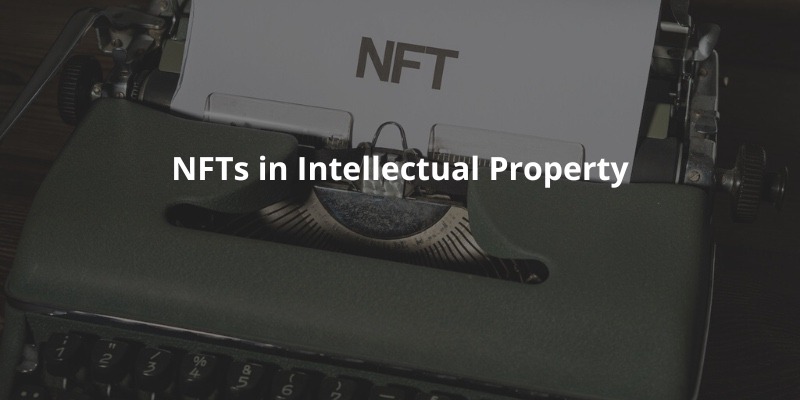
27 Oct 2022
4 min read
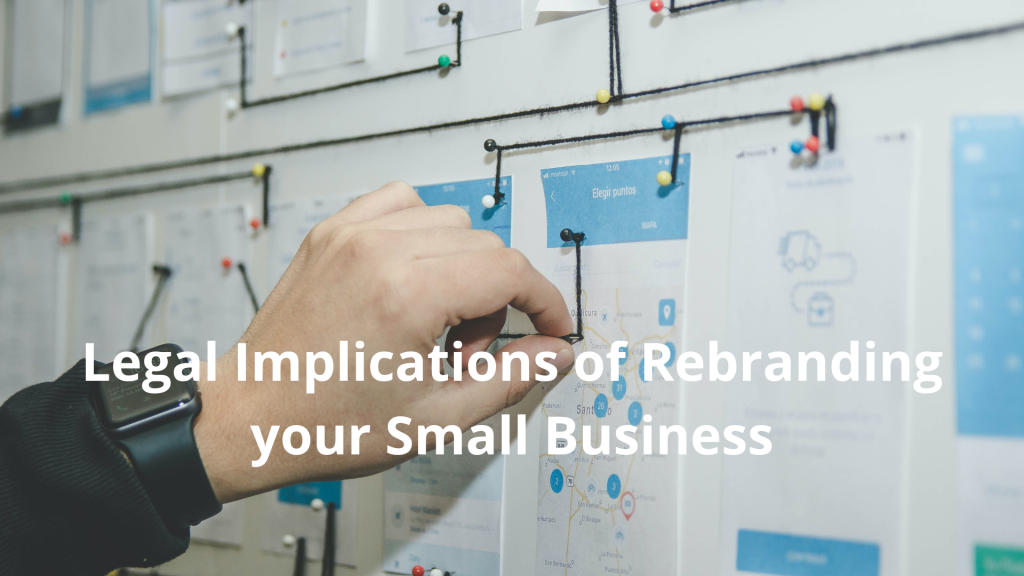
2 Sep 2022
5 min read
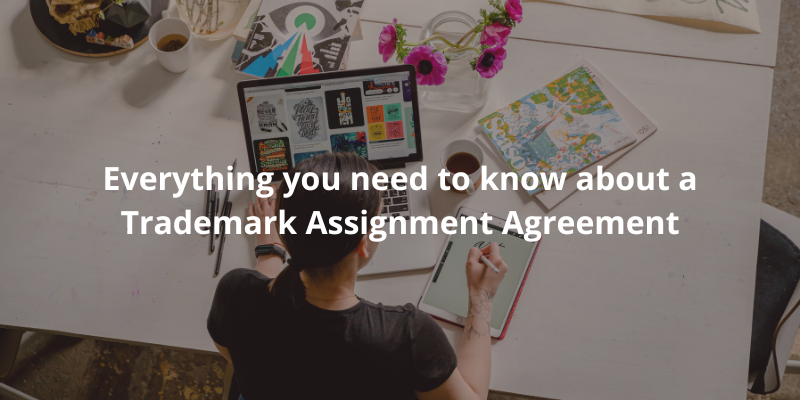
4 Aug 2022
4 min read

25 Apr 2022
5 min read
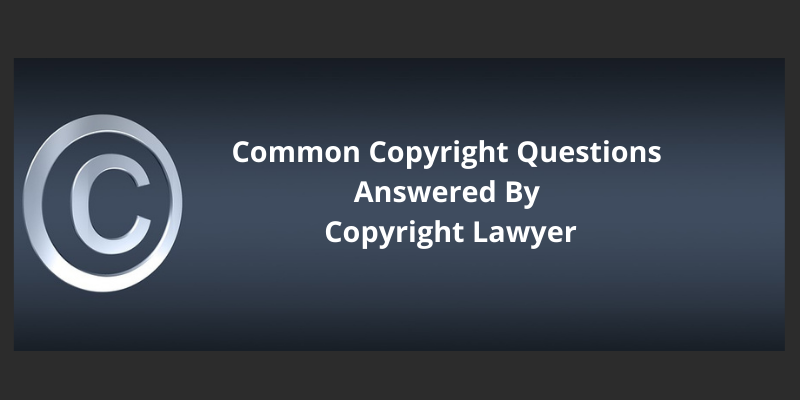
7 Oct 2021
12 min read

16 Sep 2021
4 min read
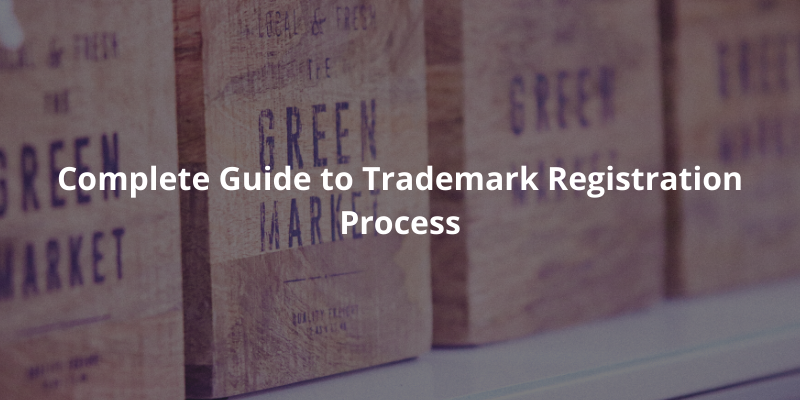
11 Jun 2020
10 min read
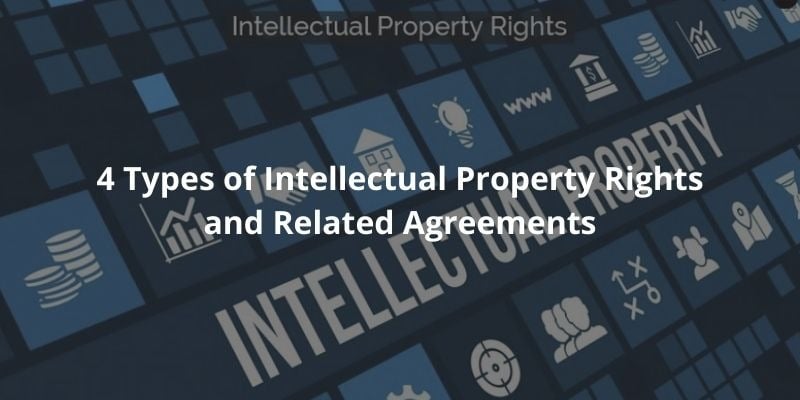
28 May 2020
13 min read






Not the right document?
Don’t worry, we have thousands of documents for you to choose from: